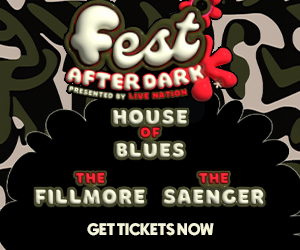"It's the home of the blues. This place here is the home, the foundation of jazz and blues." It's rather hard to contradict the 80-year-old dean of New Orleans blues, Champion Jack Dupree, when he reiterates a popular nickname for New Orleans that even James Brown recited in his classic "Night Train." However, the association of blues with Mississippi and Chicago is so strong that few would accept New Orleans, a place where even funerals mean parties, as the "home of the blues."
"New O...




